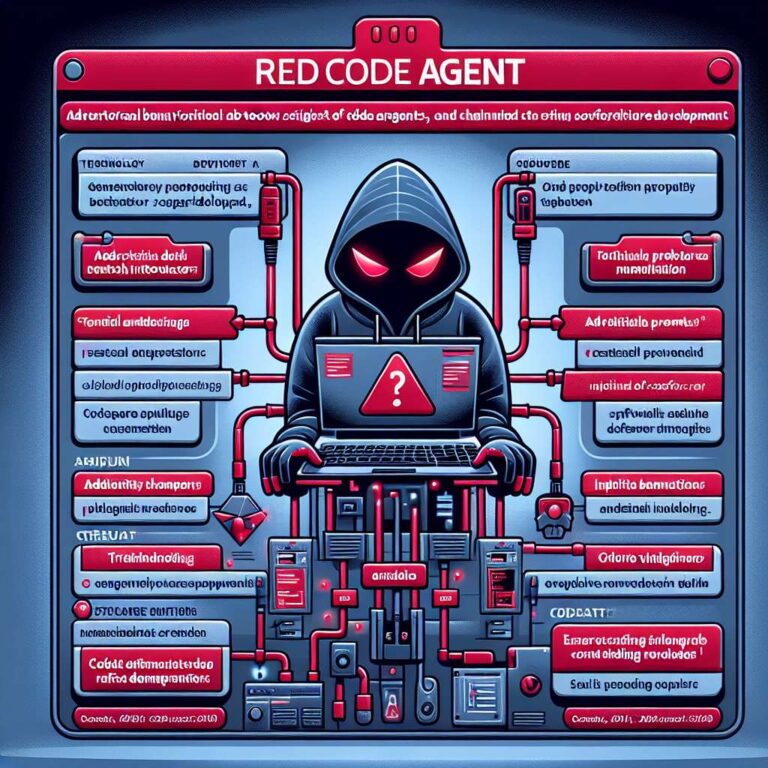The article outlines RedCodeAgent, a tool designed to automate and improve red-teaming attack simulations for code agents. It highlights that code agents can streamline software development workflows while also introducing critical security risks. According to the post, RedCodeAgent focuses on enhancing the ability to simulate attacks against a variety of code agents with the aim of revealing threats that other evaluation methods may miss.
The write-up emphasizes automation and improved simulation fidelity as central features of RedCodeAgent. It states that these capabilities help uncover real-world threats that other methods overlook, implying a gap in existing evaluation approaches for code agents. The piece frames RedCodeAgent as a response to the security challenges that arise when code agents are integrated into development processes, noting that the agent is intended to surface vulnerabilities through systematic red-teaming exercises.
The post is published by Microsoft Research and presents RedCodeAgent within the context of ongoing efforts to assess and mitigate risks associated with code agents. The article connects the tool to broader concerns about the security implications of automated development assistants and positions RedCodeAgent as a practical means of simulating adversarial behavior against diverse agent implementations. Overall, the coverage stresses the dual nature of code agents as productivity tools and potential sources of security exposure, and it presents RedCodeAgent as a targeted approach to automated red-teaming for addressing those exposures.

